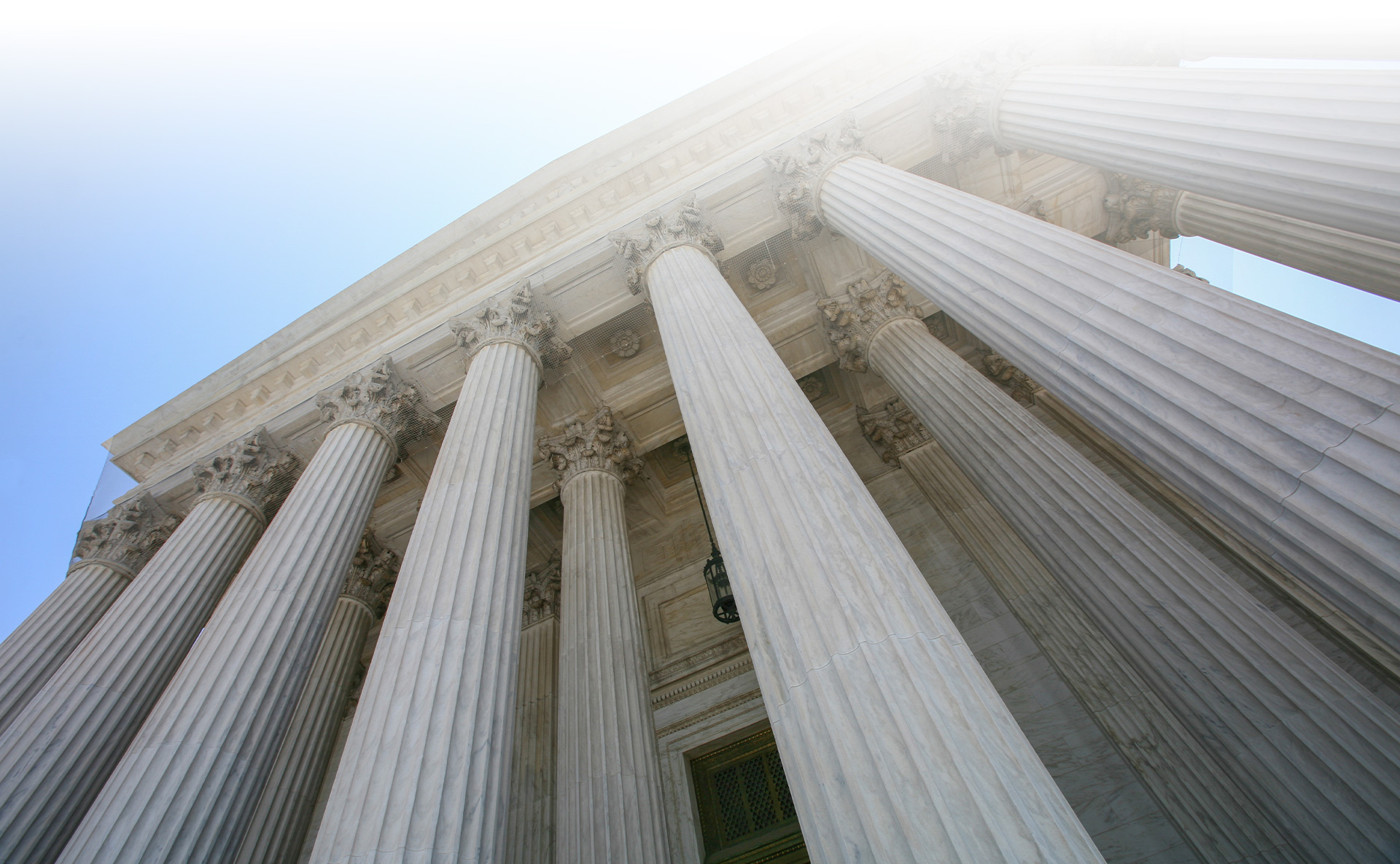
Probate Lawyer in Pembroke Pines - (954) 228-6126
Pembroke Pines Estate Planning Attorney Explains Probate
Probate is a court process designed to ensure that a decedent's assets are distributed to the deceased's loved ones if the deceased has a will or to the deceased's "heirs at law" if the deceased does not have a will. In a probate proceeding, the court supervises the administration and distribution of the assets and makes sure that all creditors are paid before distributions to beneficiaries can be made. The court will also determine whether a will is valid and then oversee to ensure that the will maker's intent is carried out. In other words, to ensure that the assets are gathered up, that the just debts are paid and the balance is distributed to the will beneficiaries / heirs.
When a person dies without a will (intestate), the laws of Florida dictate who will benefit from the decedent's estate. Many people have a misconception that if they do not have a will, then the state will get their money and property. That is not the case. The laws that apply to decedents assets when there is no will generally require that the assets are to be distributed to the decedent's closest relatives such as parents, spouses and children. The cost of probating an estate varies according to the size and complexity of the estate, the efficiency of the will planning, and whether there will be a will contest or contested creditor claims filed during the course of the probate process.
Why Call Probate Attorney Steven Friedman?
- Tailored, Effective Counsel for Every Step of the Way
- More than 40 Years of Proven Results
- Committed to Putting You & Your Family's Interests First
- Free Consultation to Discuss Your Case

-
 Meet Steven FriedmanAttorney Steven Friedman has been helping clients through estate planning and family matters since 1980.
Meet Steven FriedmanAttorney Steven Friedman has been helping clients through estate planning and family matters since 1980. -
 Highly RecommendedTake a look through testimonials from past clients about how Attorney Friedman has been able to help them.
Highly RecommendedTake a look through testimonials from past clients about how Attorney Friedman has been able to help them. -
 No Case is Too SmallAttorney Friedman has seen it all in his 30+ years of legal practice, and is ready to guide you through any case.
No Case is Too SmallAttorney Friedman has seen it all in his 30+ years of legal practice, and is ready to guide you through any case.



